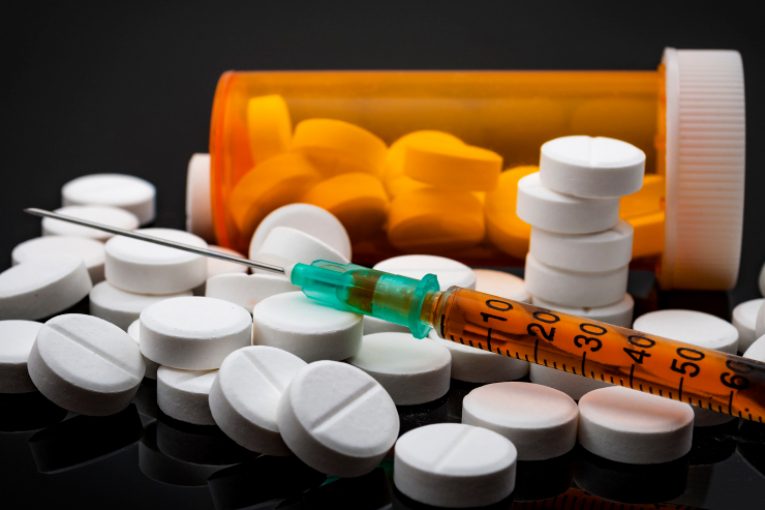

By Eshita Seshadri
NEW YORK, NY – The cycle of addiction and incarceration has revealed the failures in the criminal legal system and the ability prosecutors have to help those with substance disorders, according to a new toolkit produced by the Institute for Innovation in Prosecution at John Jay College and global health organization Vital Strategies.
A lack of rehabilitation on part of prisons is exacerbated by the fact that, according to Andre Ward, associate vice president of the David Rothenberg Center for Public Policy, the Fortune Society, 65 percent of those in prison have an active substance disorder.
Additionally, Liz Benecchi states in “Recidivism Imprisons American Progress,” that most convicted individuals are detailed three years after release, and half serve more prison time.
“Tens of thousands of lives are stuck in cycles of addiction and incarceration, and communities are less safe. The cost, both moral and economic, is immense,” Ward wrote in a piece in the New York Daily News.
Ward explains that while an improved system through government entities and experts are necessary, prosecutors can make a more direct impact;  additionally, prosecutions can assess if an alternative to incarceration is beneficial.
additionally, prosecutions can assess if an alternative to incarceration is beneficial.
Ward argues that the environment of prison worsens trauma, and that “treatment, counseling, and job training” services are much more helpful.
Ward also shares his experience as someone who was incarcerated for 16 years for a drug charge and explains how inequities in Brooklyn stifled opportunities for success. He goes on to talk about how drugs were a coping mechanism and a means for money.
He also describes how he felt after seeing its fatal effects on one of his peers, noting, “I now realize that a person is not the sum of their crime or substance use.”
He also describes how necessary it is for prosecutors to communicate with all those involved, including family members, in order to understand the accused individual’s circumstances and offer rehabilitative programs.
In “A New Approach: A Prosecutor’s Guide to Advancing a Public Health Response to Drug Use,” the Institute for Innovation in Prosecution (IIP) helps prosecutors improve drug policy by proposing to facilitate voluntary treatment access and reducing criminal system involvement.
They also highlight the importance of prosecutors acknowledging the nuances of social, economic, and political inequalities involved with drug use and markets.
The IIP argues that “punishment and recidivism” should not be the focus, and that the health of such individuals themselves along with more effective and equitable policies should be instead.
Ward explains that in order to change the narrative, medical professionals and those impacted should teach faculty about individual circumstances leading up to drug use, drug policies, and treatment possibilities.
Ward, in his NY Daily News post, suggests that in order for prosecutors to take public health into account, they should not prosecute cases when the local community is not threatened, and should move away from cash bail.
According to Ward, the solution is for prosecutors to lead the advancement of drug policies in a way that reduces harm and achieves racial justice.
